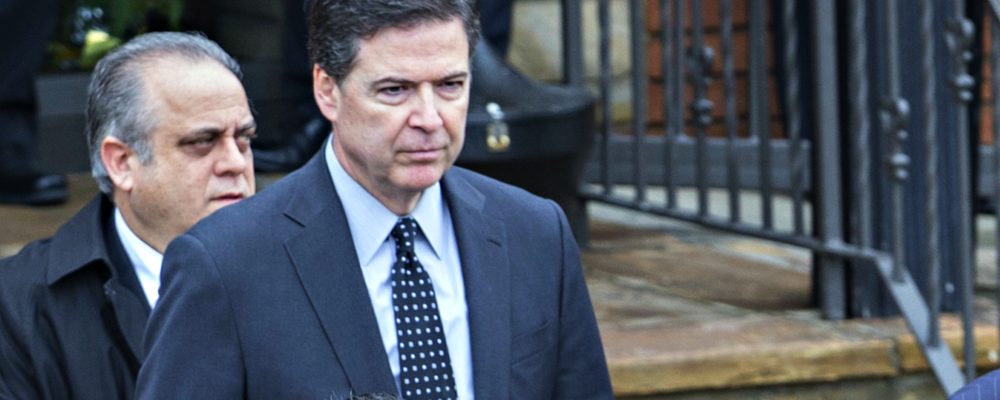Many commentators have already viewed Donald Trump’s unceremonious firing of James Comey from the directorship of the FBI as a move to oust a fly-in-the-ointment maverick who couldn’t be trusted to toe the Presidential line.
Outspoken to a fault, Comey raised eyebrows months ago by announcing during the final stages of the US election campaign that his decision to reopen the probe into the Hillary Clinton emails affair. After the election, Comey indicated that there was no personal bias attached to his handling of the Clinton furore – for he more than happily rejected the new President’s claims that Trump Tower had been wiretapped on the orders of previous US leader Barack Obama.
Meanwhile, on these shores, Guardian writer Rafael Behr used his column last week to highlight a lack of contrary voices on the Conservative front bench, arguing that checks on Prime Minister May’s power must come from within her own team.
What, then, is the value of dissent at the top table of management? And how should it be managed to ensure it provides effective counsel, rather than stoking more destructive impulses?
“There is significant evidence to suggest that difference and diversity really make a difference to innovation,” says The Institute of Leadership and Management's head of research, policy and standards Kate Cooper. “So to have difference or dissent – or what I like to call ‘creative tension’ – in any sort of team is potentially quite constructive. Where problems can arise is in how that difference or dissention is treated.
“Being able to deal with people disagreeing with you and not sharing your views is very much a leadership-capability attribute. It’s important to grasp the notion that those differences are not a sign of disloyalty – they’re just interesting contributions. You have to be able to take differences of direction, and even differences about colleagues’ capabilities, as a business-related difference, and not something that makes inroads into your personal relationship with the colleague who is raising those dissenting points.”
Cooper adds: “it’s really a strength to be able to tolerate difference, and to be able to talk about it in a transparent way; to say, ‘We don’t agree about this’ in an honest fashion that enables everyone around you to see that that’s the case.
“If a disagreement is voiced un-transparently, un-openly and behind people’s backs, that is when it becomes subversive and unhelpful. Cultivating that open attitude to difference is not easy – but the crucial quality that you’re building to enable it to happen is trust.”
For further thoughts about managing upwards, check out a set of learning resources from the Institute here
Image of James Comey courtesy of lev radin, via Shutterstock

